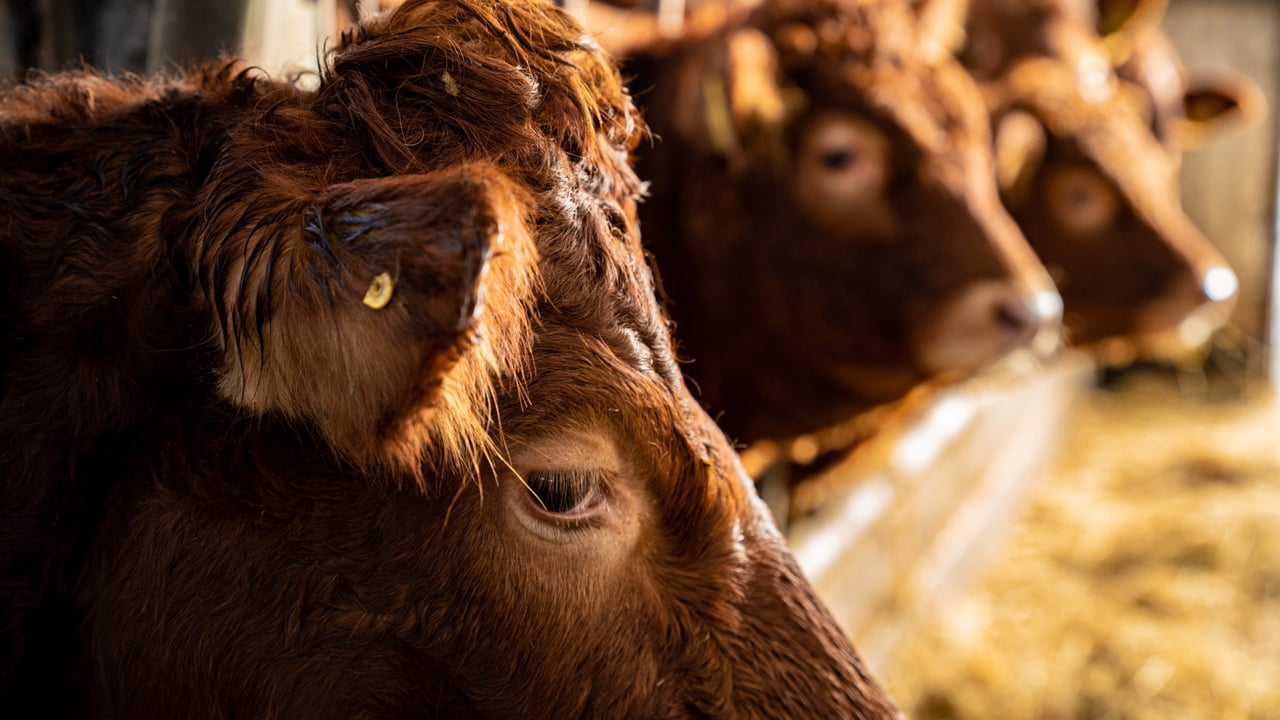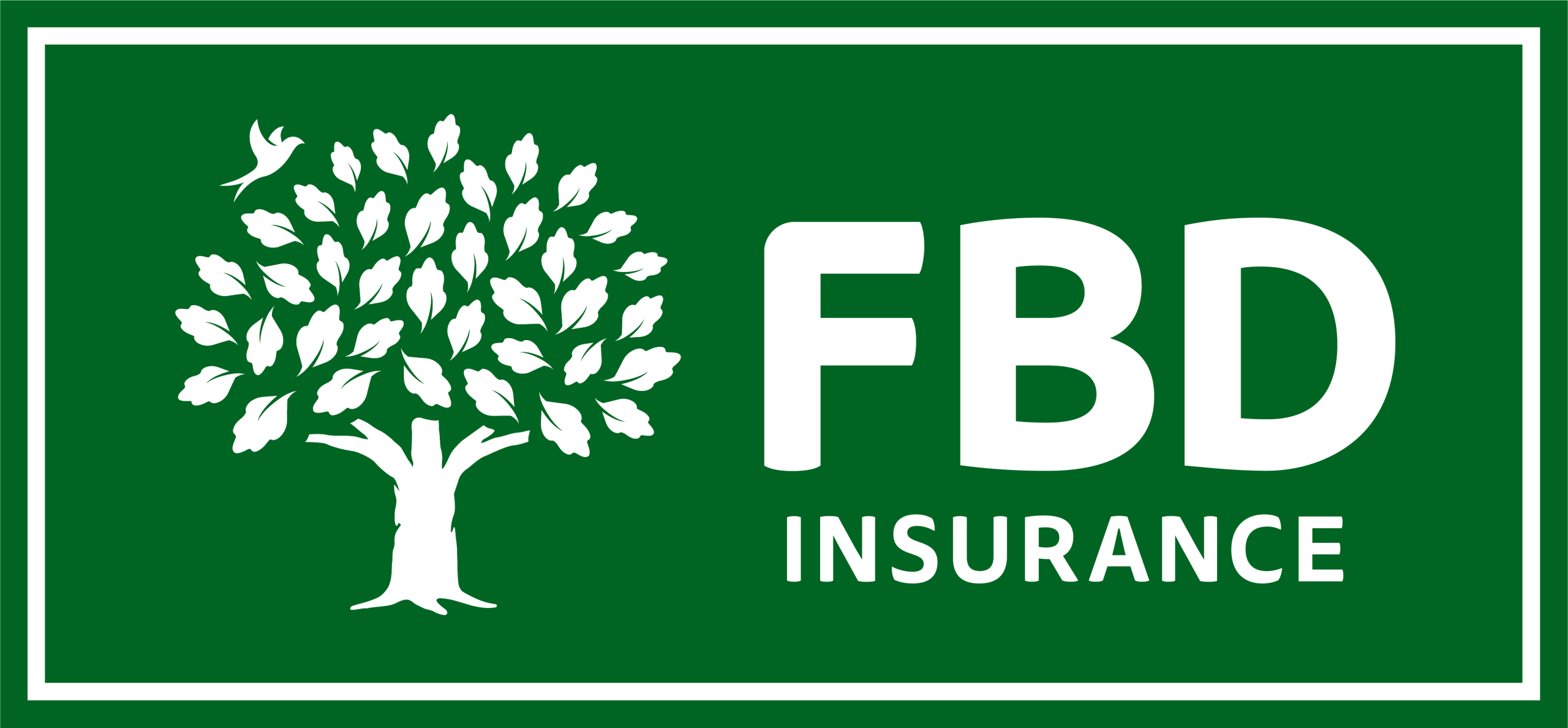Botulism outbreaks result in death of over 700 cattle in England
An investigation is underway into outbreaks of Botulism that have resulted in the deaths of over 700 head of cattle in England.
The UK's Animal and Plant Health Agency (APHA) has confirmed that it is aware of a number of suspected cases of botulism, which are currently under investigation in various regions including Essex, Shropshire and Northamptonshire.
The APHA said that its regional laboratories are involved with on-farm and laboratory investigations into cattle deaths.
According to the agency, the outbreaks appear to be linked to suspected feed contamination.
It is understood that the number of animals that have died as a result of the outbreaks numbers over 700 (it is unclear what number of these died as a direct result of illness and what number were culled).
Farmers in the UK are being advised by the authorities to discuss any cases of serious disease in their animals with their private vet.
For cattle disease such as suspected botulism, private vets will contact the APHA surveillance pathology network to discuss a case with a veterinary investigation officer, or to arrange to submit material for investigation.
According to the Department of Environment, Food and Rural Affairs (Defra), botulism is a paralysing disease which kills most affected animals.
It is caused by a highly lethal toxin which is produced by clostridium botulinum, a bacterium found in soil, which multiplies in rotting vegetation or carcasses.
Since 2003 there has been a marked increase in the number of confirmed outbreaks of botulism in cattle and sheep in the UK.
The animal feed supply sector in the UK is understood to be taking steps in relation to the potential contaminated feed link to the outbreaks.
The Agricultural Industries Confederation (AIC), a trade association representing businesses in the UK agricultural supply industry (including feed), has said it is aware of the suspected fatal botulism cases on "a small number of farms".
The AIC said the outbreaks are "potentially linked" to product supplied by a feed business certified under government assurance and certification schemes.
The AIC has confirmed that it has notified its members and held discussions with stakeholders throughout the past week to address the situation.
All recipients of potentially contaminated feed have been contacted by their suppliers.
The AIC said the business in question is working closely with the relevant authorities to ensure that all potentially affected feed has been isolated and to help establish the root cause of the issue.
At this stage, investigations are ongoing, and no definitive cause has been confirmed, according to the AIC.





